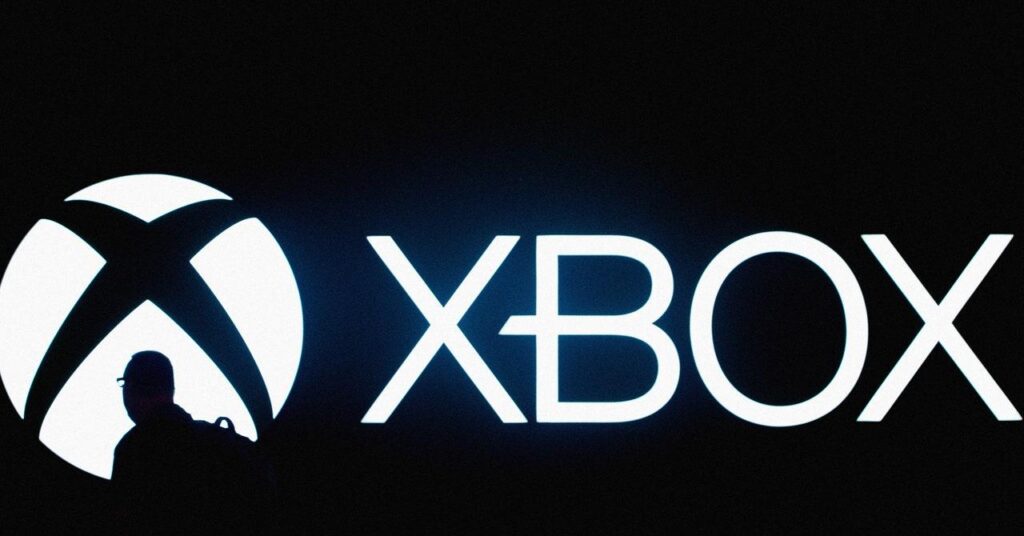The gaming industry is no stranger to innovation. From the integration of virtual reality to the advent of cloud gaming, technology continues to redefine how we play and experience video games. Enter the latest contender in this tech evolution: generative AI. Xbox, a leader in the gaming world, is pushing the boundaries with its new generative AI initiative. However, some developers aren’t convinced this is the innovation gamers are looking for. This blog post delves into this potential game-changer and examines why some industry experts believe the traditional gaming audience might not embrace it.
The Dawn of Generative AI in Gaming
Generative AI is a fascinating facet of artificial intelligence, capable of creating text, images, and even music. In gaming, its potential is vast. Imagine a game world that adapts and grows with you, offering unique experiences tailored to each player’s actions. Xbox’s foray into this area signals a significant shift towards more immersive, personalized gaming experiences. But is this what gamers actually want?
Xbox’s Vision for the Future
Microsoft’s Xbox division sees generative AI as a tool to unlock new creative possibilities in game design. According to Xbox’s recent statements, the aim is to harness AI to streamline the creation of art, dialogue, and even game dynamics, offering developers novel ways to build expansive, interactive worlds. But there’s an underlying question of balance—how much creativity should we entrust to AI versus the creative ingenuity of human developers?
Developers Voice Their Concerns
While the possibilities may seem endless, some developers are skeptical about the need and appeal of generative AI in gaming. A central concern is the fear that this technology could reduce the role of human creativity in game development. One anonymous developer muses, “There’s just something irreplaceable about the human touch in crafting a story or a character that AI might not replicate accurately.”
Moreover, there is caution over reliance on AI which could overshadow the emotional intelligence and cultural context that humans bring to storytelling. Developers argue that while AI can process vast amounts of data and create coherent narratives, it lacks the nuanced understanding that humans possess.
Potential Benefits for Enhanced Gameplay
Despite these concerns, there are undeniable perks to leveraging generative AI that could enhance gameplay experiences. Here are a few potential advantages:
- Dynamic Content Creation: Games could feature worlds and storylines that evolve in real-time, offering players a unique experience each time they play.
- Cost Efficiency: AI could significantly reduce the time and cost associated with game development, allowing smaller studios to compete with industry giants.
- Endless Possibilities: Personalized content could keep players engaged for longer by continuously offering new adventures and challenges.
The Consumer Perspective
The ultimate determinant of generative AI’s success in gaming will be the end user—the gamer. As the industry investigates this technology, gamers question whether AI can deliver authentic and emotionally resonant experiences. Immersive worlds are appealing, but narratives that genuinely connect with players remain a critical aspect of gaming.
Gamers appreciate rich storytelling and complex characters. If AI can enhance these elements without diminishing their emotional depth, it could be a welcomed addition. However, the skepticism largely stems from a fear that AI-generated content may become repetitive or lack the creative spark only humans can provide.
The Path Forward
As Xbox continues to explore the capabilities of generative AI in gaming, a key to its success will be collaboration with developers. Incorporating feedback and concerns from those directly involved in creating games can guide the responsible and effective integration of AI.
For developers, embracing AI as a tool rather than a replacement might open new avenues in game design and storytelling. By leveraging AI to handle repetitive or data-driven tasks, creators could focus on refining the artistic and emotional elements that define exceptional games.
Conclusion
The debate over generative AI in gaming reflects broader discussions about technology’s role in creative fields. While concerns about AI overshadowing human creativity are valid, the potential for enhanced and personalized gaming experiences cannot be overlooked. The key lies in balancing innovative technology with the irreplaceable human touch. As the industry navigates this new frontier, the true measure will be in delivering experiences that resonate deeply with players worldwide.
As the future unfolds, whether generative AI can enhance gaming or become an unwanted gimmick, remains to be seen. Stay tuned as Xbox continues to push the boundaries of what’s possible in the gaming world.
For further details, you can read the original article on WIRED.

Hozzászólások